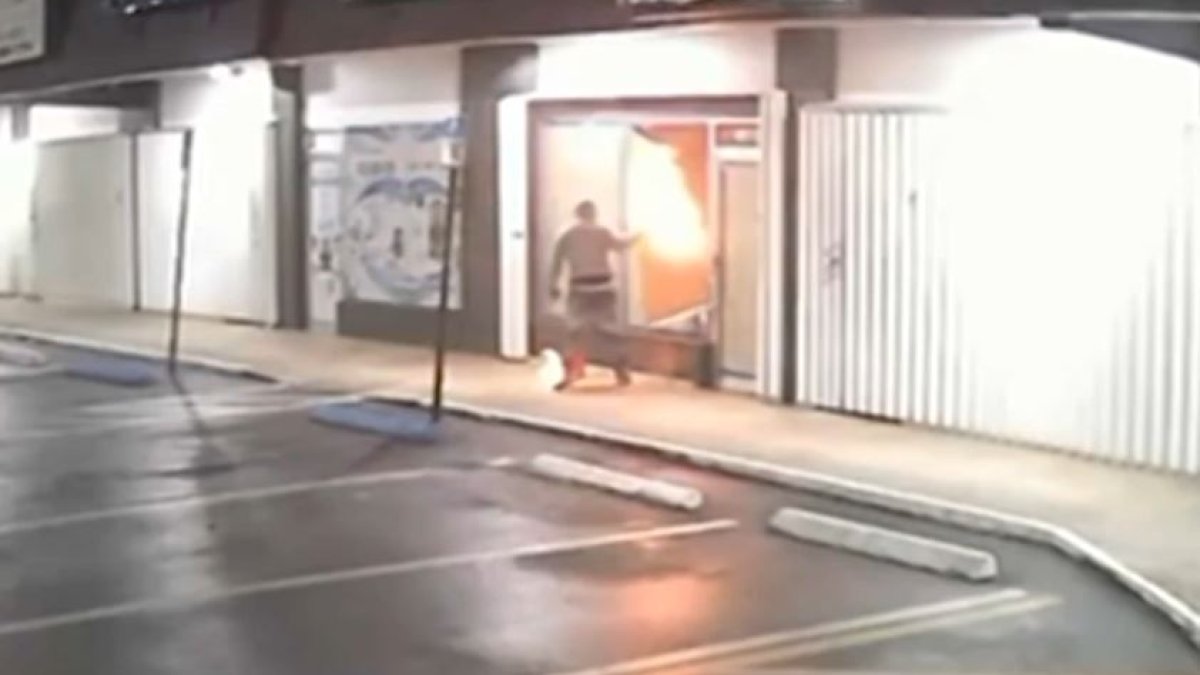The Miami Police were crawling all over the Mary Brickell Village last week. Live trucks from every TV Station in South Florida were set up every night for almost a week. The hunt was on for a rapist.
The incident should have had high interest for the young and hip that live in the trendy district just west of Miami’s banking and legal district. Most of the residents live in the skyscraper condos. They shop at the three local supermarkets, retail shops are abundant, there’s a raft of trendy restaurants, high end fast food joints, and the nightlife is pulsating, bars and clubs aplenty. The beauty of the village lifestyle is that everything is within walking distance.
You could describe Mary Brickell Village residents as young, in tune, upward mobile, probably career driven and frankly clueless. Clueless when it came to the rape and the world most close to them: their own neighborhood.
Reporters were shocked at how few of the locals knew anything about the early Sunday morning attack on March 28. Few had the details of how the suspect had, according to police, followed a young woman who was walking home from a local club around 3 a.m., slipped into her condo lobby evading security, got on the elevator with her, got off at her floor then snuck up behind her when she opened her apartment door.
It was an attack not only on the woman but also on the very lifestyle in which the locals thrive.
“What’s going on?” “I have seen the TV trucks here for a couple of days.” “What are the police doing here?” were typical questions reporters fielded all week. No one knew.
When told about what had happened the reaction was shock.
So how could the young and bright residents have missed the news? Easy. When asked where they get their information very few claimed they read a newspaper, watch TV news, listen to radio newscasts. There were lots of mentions of Twitter, Facebook, Google News, The Drudge Report, and TMZ.
Local
What was evident was the locals probably had a good grasp on what Lindsey Lohan was up to or the latest on Sandra Bullock and Jesse James, but no information about what was going down on the streets below their condos and lofts.
Local news was not on their agenda. They were informed on what interested them for sure but not aware of news they needed to know. If there were a rapist out there on their streets -- a rapist who might strike again -- it would be paramount the word would get out.
Miami Police early on had pictures of the suspect and still frames taken from surveillance video. The pictures were splashed all over local TV news, then came the full video. The suspect seen in the condo elevator and then exiting the building all caught on tape.
By weeks end police had prepared fliers with the rapist’s description and picture. They passed them out to anyone who would take them and again for many of the young men and women it was the first they had heard of the rape.
News for these folks was not local. They were not informed. A sign of our times for sure. The solution? Probably already in place. The technology certainly is already in place.
Universities do it effectively. Miami-Dade has a system in place. Cell phone owners simply sign up for the Miami-Dade alert system. Many Universities program students' cell phone number into their alert systems. At the University of Miami, within minutes of last week's on-campus armed robbery at a Starbucks, most students got a text message on their cell phones. The same for students at FIU when a football player was fatally stabbed outside a campus gym.
Miami-Dade sends out e-mails available on cell phones that warn of local law enforcement issues, major road closures, child abduction, hurricane watches and warnings, tornado warnings, flood warnings, and terrorist alerts. Maybe the system could be expanded to issues like the Mary Brickell rape.
The vital information goes directly to those who need it most. No question the residents of Mary Brickell Village have cell phones. They are on them all the time as they walk down the always-busy sidewalks that skirt the outdoor cafes. A short text message or e-mail could sure get the word out. In this case probably a lot better than the traditional local news.
To sign up for Miami-Dade County Alerts go to the website: www.miamidade.gov/OEM/.
Hank Tester has been covering news and politics in South Florida since 1992.



